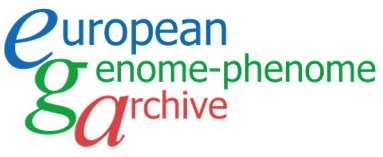OmicsDI has been built with the collaboration of multiple consortia and individual databases. This collaboration has enabled the standardization of the metadata across multiple resources and omics type. Each consortium group a set of databases around the same topic (e.g. proteomics) and has previously agree in a common metadata including Ontology Terms, Study Design, etc. At the same time, OmicsDI has collaborated with other individual archives and databases such as ArrayExpress or EGA.
ProteomeXchange

The ProteomeXchange Consortium is a collaboration of currently four major mass spectrometry proteomics data repositories, PRIDE at EMBL-EBI in Cambridge (UK), PeptideAtlas at ISB in Seattle (US), and MASSive at UCSD (US) and jPOST offering a unified data deposition and discovery strategy across all three repositories. ProteomeXchange is a distributed database infrastructure; the potentially very large raw data component of the data is only held at the original submission database, while the searchable metadata is centrally collected and indexed. All ProteomeXchange data is fully open after the release of the associated publication.
MetabolomeXchange

MetabolomeXchange is a collaboration of 4 major metabolomics repositories, with a total of 10 partners contributing. MetabolomeXchange was inspired by and is implementing similar coordination strategies to ProteomeXchange. The founding partners are MetaboLights at EMBL-EBI(UK), Metabolomics Repository Bordeaux(FR), Golm Metabolome Database and the Metabolomics Workbench (US). The Metabolomics Workbench is an NIH-funded collaboration of 6 Regional Comprehensive Metabolomics Resource Cores.
The European Genome-Phenome Archive

The European Genome-Phenome Archive (EGA) provides a service for the permanent archiving and distribution of personally identifiable genetic and phenotypic data resulting from biomedical research projects. Strict protocols govern how information is managed, stored and distributed by the EGA project. The EGA comprises a public metadata section, allowing searching and identifying relevant studies, and the controlled access data section. Access to the data section for a particular study is only granted after validation of a research proposal through the relevant ethics approval.